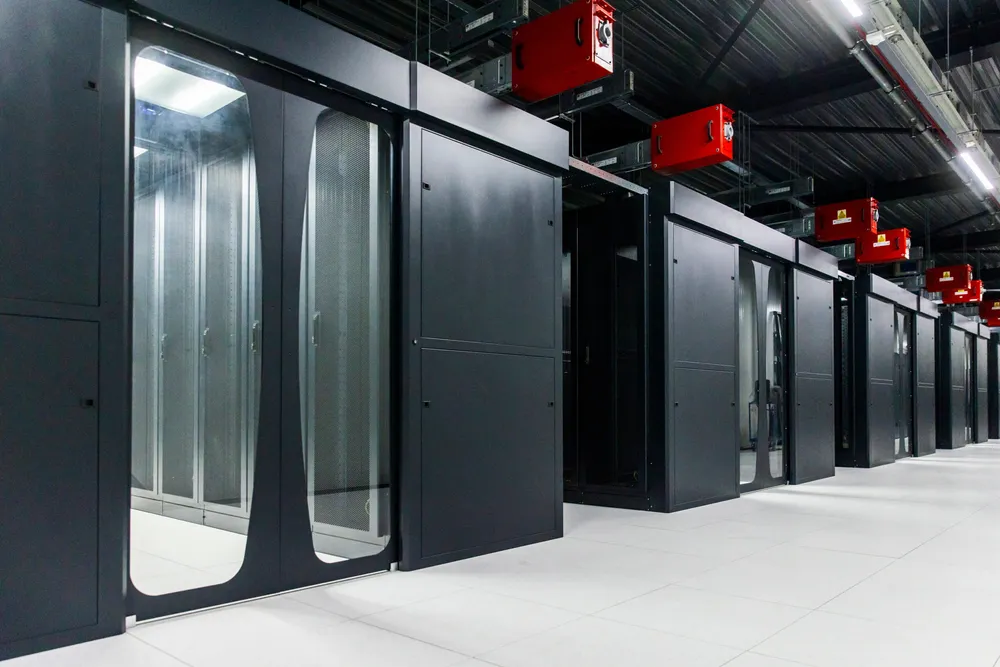What is Hybrid Cloud?
Hybrid Cloud is an IT architecture that connects private cloud, public cloud and on-premises infrastructure. This allows flexible distribution of data and applications across multiple environments. This approach combines the scalability and cost efficiency of the public cloud with the control, security, and compliance advantages of private infrastructure. Hybrid Cloud thus offers the best of two worlds. In a Hybrid Cloud infrastructure, organizations can run sensitive or mission-critical applications locally, while less critical or easily scalable workloads are hosted in the public cloud.
Why Hybrid Cloud?

Suitable for
Organizations looking to migrate their Bare Metal infrastructure to a cloud environment.

Mainly used by
The heavy users: organizations that process large amounts of data or manage heavy databases.

Alternative to
On-premises infrastructure, the management of which takes up increasing time and resources.

Suitable for
Organizations looking to house their workloads in the most appropriate environment - aligned with performance needs, costs, or compliance.
More about Hybrid Cloud
Hybrid Cloud offers numerous advantages, with flexibility being perhaps the most important. Workloads can be easily moved or extended to the most appropriate environment based on performance needs, cost, or compliance requirements. In addition, capacity is easily scalable, allowing peak load to be handled effortlessly without additional hardware investments. Connectivity is fundamental to a successful Hybrid Cloud strategy. The Worldstream Elastic Network (WEN) with more than 10Tbps capacity is central to facilitating this connectivity. With advanced solutions based on technologies such as EVPN and VxLAN, there is a solution for every requirement. In addition, infrastructure and applications can be centrally managed from a single environment, with uniform policies and monitoring – making management more comprehensive and efficient. Through smart workload distribution, organizations can save costs, for example by accommodating development and test environments in the cloud.

When do you use Hybrid Cloud?
- Flexibility – you have services that run on physical hardware as well as services that can be virtualized.
- Freeing up resources – you still manage a number of physical servers yourself, but find that maintenance and management are taking up more and more of your time.
- Compliance – you want to innovate at the speed of the cloud, without sacrificing control or compliance.
Cases
All Cloud solutions
We are here for you
Contact us with no surprises

Chat with us
Ask your question via chat for a quick response

Make an appointment
Prefer to meet face-to-face? No problem, book a time that suits you

Call us
Of course, we’re also available by phone for any questions or feedback


